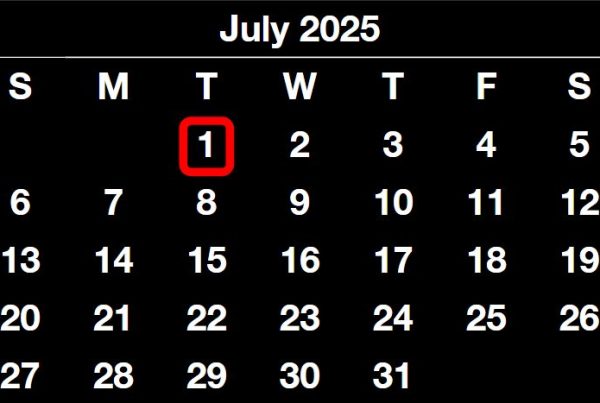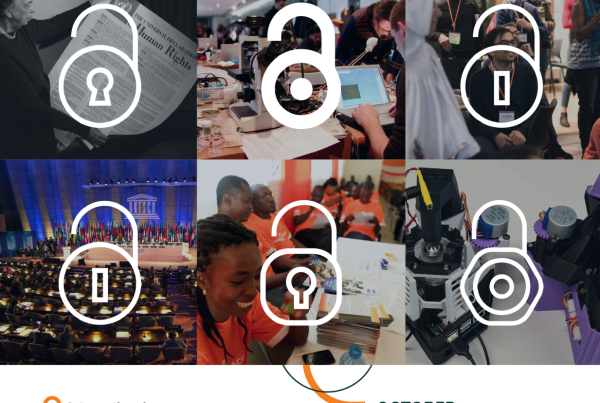In celebration of Open Access Week and in light of the 2022 theme, “Open for Climate Justice”, we are excited to share a series of interviews with UMN faculty who work at the intersection of climate and justice and make their work open access. Dr. Melissa Kenney is the Director of Research and Knowledge Initiatives at the University of Minnesota’s Institute on the Environment where she directs efforts to build synergy across IonE’s broad scientific research portfolio.
This interview has been lightly edited for clarity.
The theme for Open Access week is “open for climate justice”. Could you speak briefly to how your research directly or indirectly involves climate justice? Or if it’s a stretch, would climate justice advocates be able to make evidence-based decisions based on your research?
I’m a Principal Environmental Decision Support Scientist at the University of Minnesota’s Institute on the Environment where I work to solve sustainability challenges. The goal of my work is to understand and improve the processes of engagement between academics and community partners and tools, like indicators, forecasts, and data products, that aid government and business decisions.
Some of the research that I am most proud of is the operationalization of decision support visualization changes for the NOAA temperature and precipitation outlooks in September 2021 and proof-of-concept national climate indicator system released by the U.S. Global Change Research Program (USGCRP) in May 2015, which continues to be updated and expanded to this day as part of sustained U.S. National Climate Assessment products. Both of these projects were intended to translate and democratize access to actionable climate information.
Climate justice advocates can use this work to understand current climate changes and impacts as well as what kinds of temperature and precipitation forecasts are expected over the next few weeks up to a year. Such publicly-accessible indicators are critical foundational information that helps to understand potential climate risks, support smart decisions in sectors such as emergency preparedness, agriculture, electricity, and water resources sectors, and position communities to take actions that increase their climate resilience.
What experience(s) led you to choosing to publish OA?
OA really was an easy choice because we wanted our community partners to be able to have access to the articles and share them without having to request a PDF and share an attachment with their networks. Even though we always develop translational products that are customized for our community partners, OA has created ways to democratize access to our peer-reviewed research articles.
What would you tell other researchers to encourage them to publish OA?
At a land-grant university, all our work should be shared OA. There is simply no way to serve our state and support climate justice without providing freely available information.
I’ve built OA costs into my grants, the University Libraries have agreements with some publishers to reduce or eliminate OA article processing charges and support a wide range of open infrastructure (https://www.lib.umn.edu/services/open-access/oa-partnerships), and research projects that aren’t published in journals can be archived and receive a permanent link in the University Digital Conservancy.
[Editor’s note: You can also read all about the ways you can make your work open, most of which don’t have any cost at So, you want to make your work open access? Contact openaccess@umn.edu or your department’s liaison librarian for more information!]
Have you been contacted by someone who read your article and wanted to collaborate?
Though the ultimate goal of our research is to support climate action within our state and beyond, peer-reviewed articles are necessary to vet our methods and we gain insights with peers. OA is critical to ensure our research is accessible to everyone, regardless of whether or not they have access through their library.





